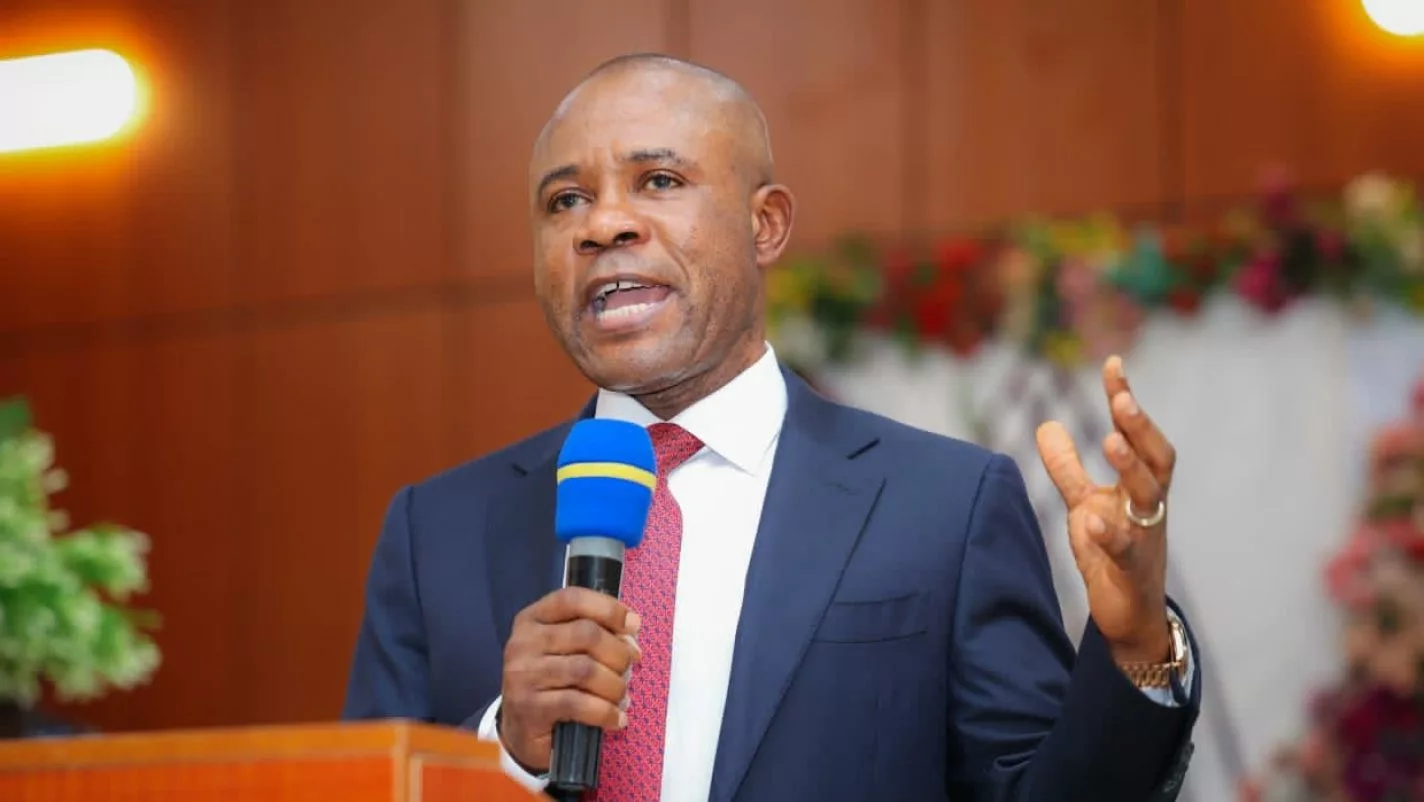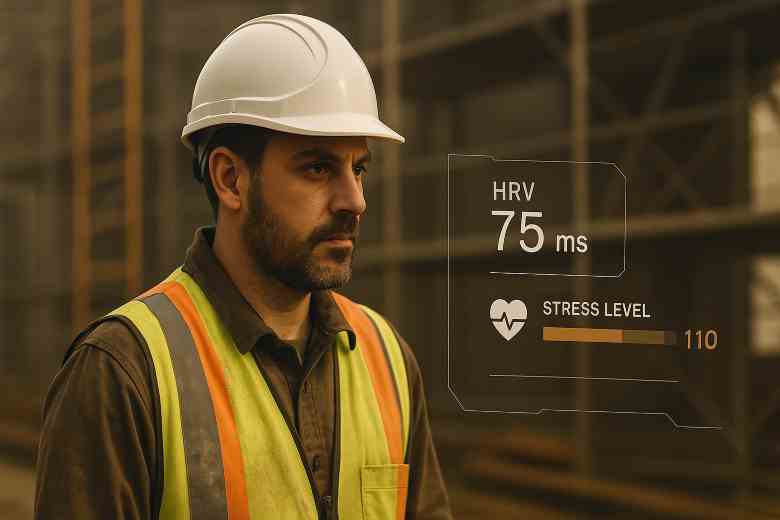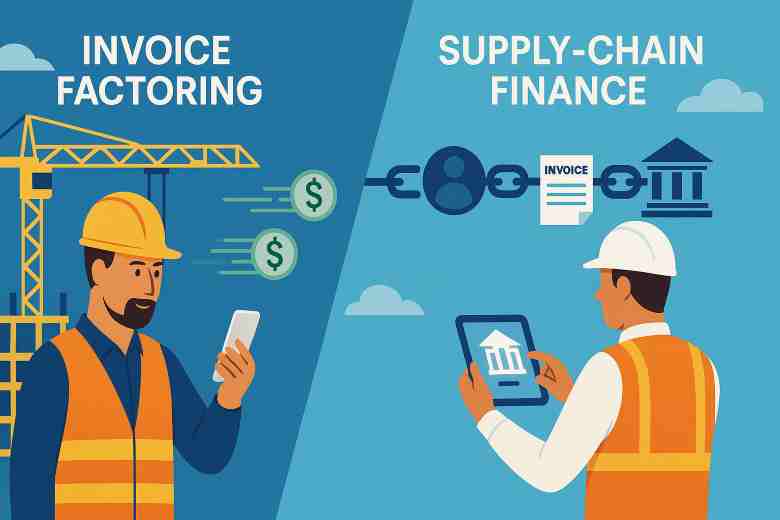MTN Launches $120M Data Centre in Lagos, Communications Minister Tijani Hails Facility
MTN Nigeria has officially launched the first phase of what is now West Africa’s largest Tier III data centre, a significant move expected to boost the country’s digital infrastructure, expand access to cloud services, and reduce reliance on foreign cloud providers. The launch event, held on Tuesday, in Ikeja, Lagos, attracted top government officials and technology leaders, who hailed the development as a major milestone for Nigeria’s digital and economic transformation.
Named the Sifiso Dabengwa Data Centre, after MTN Nigeria’s late CEO, the facility currently delivers 4.5 megawatts of IT capacity, with the potential to scale up to 14 megawatts and even 20 megawatts in the future, depending on demand. The first phase alone is valued at $120 million, with the full project estimated at $235 million. The facility also features cloud infrastructure worth $20 million, which MTN says rivals services provided by global tech giants such as Amazon, Google, and Microsoft.
“We have consistently maintained that we in MTN Nigeria are here to stay, and this is another mark of our commitment to this country,” said Karl Toriola, CEO of MTN Nigeria while speaking at the event. “We are opening the largest data centre in West Africa, with a capacity of 4.5 megawatts, which will grow to 14 megawatts over the next 24 months,” Toriola said.
Nigeria’s Minister of Communications, Innovation and Digital Economy, Bosun Tijani, described the centre as a key enabler in President Bola Ahmed Tinubu’s push to grow Nigeria’s economy to $1 trillion through innovation, enterprise, and diversification beyond oil.
“The facility is part of the digital foundation of that modern economy that we see,” said Tijani. “One that provides, and will continue to provide reliable and secure data computing and storage for small and large enterprises, including government data. It is only through this kind of infrastructure that we can truly enable sovereignty, trust, and also boost national productivity.”

Tijani explained that the centre ties directly into national projects like the 90,000-kilometre fibre optic rollout and the planned deployment of 7,000 communication towers in underserved areas, aiming to connect over 20 million Nigerians currently without access to digital services.
“As we all know, talent will always need platforms. Investments like the MTN Data Centre offer the platform for our young people to be able to thrive,” he noted. “The facility is a testament to what is possible when national vision meets private sector boldness, and I commend MTN for the initiative and for the investment.”
Representing the National Security Adviser, Mohamed Abdullahi Yawo stated that the data centre’s establishment also strengthens national security by ensuring that critical data is stored within Nigeria.
“Data is life,” Yawo said. “With data we can do a lot of things. With data we have power. And today, with this innovation, happening right here in Nigeria, I don’t look at it from the point of business. I also look at it from the point of security.”
He highlighted recent government efforts to safeguard critical infrastructure, such as the signing of the Critical National Information Infrastructure Order by President Tinubu, and mentioned that the National Cyber Security Coordination Center is working on a protection plan specifically for assets like MTN’s new facility.

He said, “Securing our own data within ourselves, within the country, is key. It is important to our national security. The National Security Advisor is happy with this new innovation and is fully supportive of this innovation. The Center for National Cyber Security Coordination Center is also designing the protection plan for this critical asset, to protect our asset, this critical asset, from all the national and international gateways, where we have a lot of actors that can harm our critical assets.”
Lynda Saint-Nwafor, MTN Nigeria’s Chief Enterprise Business Officer, revealed that the data centre features Nigeria’s first self-orchestration cloud platform, the first of its kind in Nigeria, allowing businesses to manage computing and storage needs independently—similar to Amazon Web Services and Microsoft Azure.
She also noted that Nigerian startups and businesses no longer need to rely on global providers and that hosting data in Lagos means lower latency and faster access. Plus, pricing in naira, rather than just accepting it, gives businesses a more predictable and affordable way to access cloud services.
She emphasised that MTN’s cloud platform provides a local alternative that levels the playing field for Nigerian businesses operating in a globally competitive digital environment.
Representing Lagos State Governor Babajide Sanwo-Olu, Barrister Abimbola Salu-Hundeyin, Secretary to the State Government, said the new centre would bolster Lagos’s status as Nigeria’s tech capital.
“The launch of the Dabengwa Data Center in Lagos, not only signifies MTN’s unwavering commitment to investing in Nigeria’s digital infrastructure, but also reinforces the strategic importance of Lagos State as a technology and innovation hub of our nation. With the Tier III Data Centre facility, MTN is raising the bar for secure, scalable and efficient enterprise services which is a critical enabler of businesses, public services, startups and multinational corporations alike,” Sanwo-Olu said.
Also speaking at the event, Kashifu Inua Abdullahi, Director General of the National Information Technology Development Agency (NITDA), described the development as a benchmark for Nigeria’s digital sovereignty and resilience.
“This infrastructure aligns with President Tinubu’s Renewed Hope Agenda, particularly in accelerating economic diversification through industrialisation, digitisation, and innovation,” he said. “Cloudification is no longer an option—it’s a necessity. This sends a strong signal that we are ready to build our own cloud power.”
Abdullahi added, “This is also setting a benchmark for Nigeria to drive its robust, inclusive and truly sovereign infrastructure and it aligns with President Bola Tinubu’s Renewed Hope Agenda. This aligns with the recent policy of Mr. President of the Nigerian Trust Policy which encourages us to build for the world and cloudification is not an option today because we live in a world where digital is a lifestyle, where every organisation is technology first, where every industry is digital.
“This will position us and give the Nigerian cloud providers the opportunity to compete with the hyperscalers. So if the hyperscalers are not ready to come, we are ready to build our own cloud power.”
He further stated that the facility supports NITDA’s “9-0-2 drive” to make Nigeria a digitally empowered nation and reaffirmed the agency’s commitment to working with MTN and other providers to create standards that promote cloud infrastructure and AI innovation.
He said, “At NITDA, we have a mandate to accelerate the 9-0-2 drive to make Nigeria a nationally empowered nation, fostering inclusive economic diversification through technological innovation and we have a pillar on promoting digital inclusive access to digital infrastructure and services.”
With the launch of the Sifiso Dabengwa Data Centre, MTN Nigeria has made a bold statement—not just about its commitment to Nigeria, but about the nation’s readiness to lead in Africa’s cloud and data revolution. As the demand for digital services grows, this facility stands as a strategic asset for the public and private sectors alike, delivering both economic and security value in a digital-first world.
Melissa Enoch
Follow us on:











